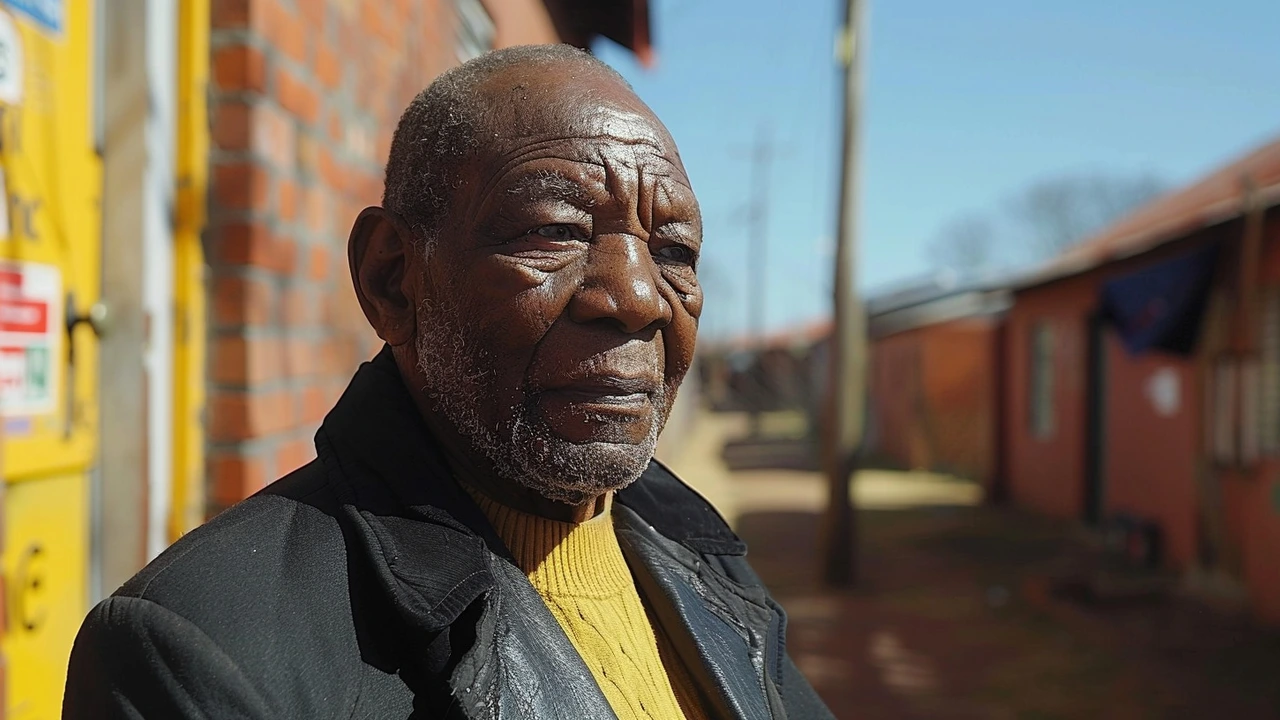Coalition Government: What It Is and Why It Matters
Ever wondered why no single party runs everything in some countries? A coalition government happens when two or more parties agree to govern together. They still compete at elections, but after votes are counted they make deals to share power. These deals shape who gets key ministries, which laws get fast-tracked, and how long the government lasts.
Coalitions are common where no party wins a clear majority. That’s how elections in many African and European countries end up — think of Kenya’s 2008 power-sharing after election violence or Zimbabwe’s 2009 unity government. Those deals stopped immediate conflict but also brought long-term trade-offs in how fast decisions were made and how clear lines of accountability were.
How Coalitions Form
Forming a coalition is a series of practical steps, not a single moment. After the vote: parties count seats, talk privately, and test support. Negotiations usually focus on three things: a written agreement on policy priorities, who takes the big ministries (finance, interior, foreign affairs), and rules for solving future fights. Some coalitions include formal power-sharing mechanisms like rotating leadership or fixed-term ministerial control. Others rely on looser understandings, which can be less stable.
There are different types: a majority coalition (partners together control over half the seats), a minority coalition (partners rely on outside support to pass laws), and informal alliances for single issues. Each type affects stability: majority coalitions usually last longer, while minority and informal pacts can collapse quickly if an ally withdraws support.
What Voters and Politicians Should Watch
If you care about how your country is run, look for these things in any coalition deal. First, a clear list of policy priorities — are the partners committing to concrete steps or only vague language? Second, dispute-resolution rules — does the agreement say how to handle a breakdown? Third, distribution of key ministries — control of finance or security ministries often determines who really runs day-to-day government. Finally, transparency and timelines — is the deal public and time-bound, or hidden and open-ended?
Coalitions can bring benefits: broader representation, more voices at the table, and often more balanced policies. But they can also slow decision-making, blur accountability, and create risky back-room bargaining. A smart coalition balances compromise with clear limits that keep government working and voters able to judge performance.
Want to understand a specific deal? Read the coalition agreement, check who holds finance and security portfolios, and watch whether partners stick to promised reforms. That gives a real picture of whether a coalition will deliver or just keep the lights on while waiting for the next election.

South Africa's 2024 Elections: Prepping for a New Coalition Era
As South Africa gears up to elect its seventh democratic Parliament, signs point to a shifting political landscape. The ANC's long-standing dominance may dwindle, ushering in a new era of coalition governments. The Democratic Alliance, Economic Freedom Fighters, Inkatha Freedom Party, and a new contender, uMkhonto weSizwe, will play pivotal roles. The country's future hinges on unity and collaborative governance.